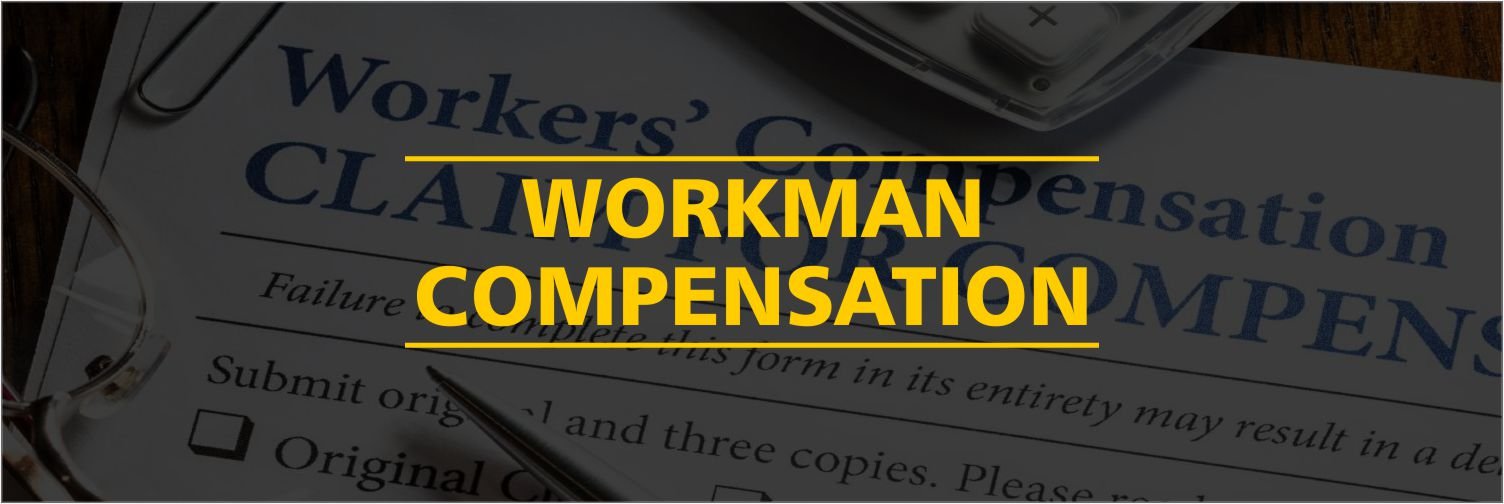Overview
Laws regarding Employees Provident Fund in India are governed and controlled by the Employees Provident Fund Act, 1952. It is an Act or legislation enacted for the protection of the rights of the working class. EPF Act is applicable to firms or establishments which employ more than 20 persons at a time in the company. So, if a firm is included in the EPF Act, it will come under the EPFO laws even if the no of the person reduces in the firm. All types of firms are included in the EPF laws in India.
Applicability of the E.P.F. Act
1. Any business/ firm having employees 20 or more working in any of the 180+ industries must register with EPFO.
2. 12% of the basic salary, DA, and coupon (food) needs to be contributed to the a\c of an employee. 10% is the rate of contribution in the following industries:-
- Any sick unit or company with accumulated losses exceeding its net worth.
- That any establishment covered which has less than 20 employees and the establishments which have been covered before 22.09.1997.
3. To provide administrative charges at a rate of 1.10% of emoluments.
4. The employers of the companies which are exempted in the PF scheme have to pay only inspection charges @ 0.18% of emoluments.
Process Followed For Registration Under E.P.F. Act
Under this act, establishments are required to file an application for the registration of the firm. All the details like the number of employees working in the firm, the salaries paid to them are mentioned on the registration form. After inspection of the form, an employer code is given or issued. With registration, all the employees are issued their individual account number that identifies their a/c with EPFO. There is duty cast on the employer to make a deposit of the contribution to the employee a/c @ 12% of his salary. The said contribution is deducted by the employer from the salary of the employee. In addition to this, an employer is required to deposit administration charges. With an online facility, the registration process has been made simple and transparent.
Duties Or Responsibilities Cast Upon The Employer.
- It is for the employer to ensure that all categories of employees are enrolled under the Act irrespective of the fact whether they are appointed under a contract or they are working on piece rate.
- The contribution charges must be deposited in the account of employee till 15th of every month.
- That the return is filed in Form 9 and 5A whereas the monthly return is filed in Form 5 and Form 10.
- Form No. 2 must be duly attested and the claim forms must be submitted by the employee.
In short, the provisions regarding compliance of the EPF laws in India are depositing the contributions of an employee, filing challans, making regular return and inspection of the file when demanded.
Delay Charges Under The Scheme
The employer is duty bound to file the return on time unless interest will be charged as penalty. In case of delay transfer of contribution, the employer is required to provide for both the interest and damages.
- 12% interest is paid on the amount of remittance due
- Damages are paid from 17% to 30% depending upon the span of delay.
The employer is Exempted When
- In the situation when an employee gets PF benefits better than the statutory provision provided under the Act. ( Provided in Form 1 under Para 27of EPS).
- An employer can also ask for an exemption if the majority of the employees consent to it, subject to conditions controlling the grant of exemption and formalities.









